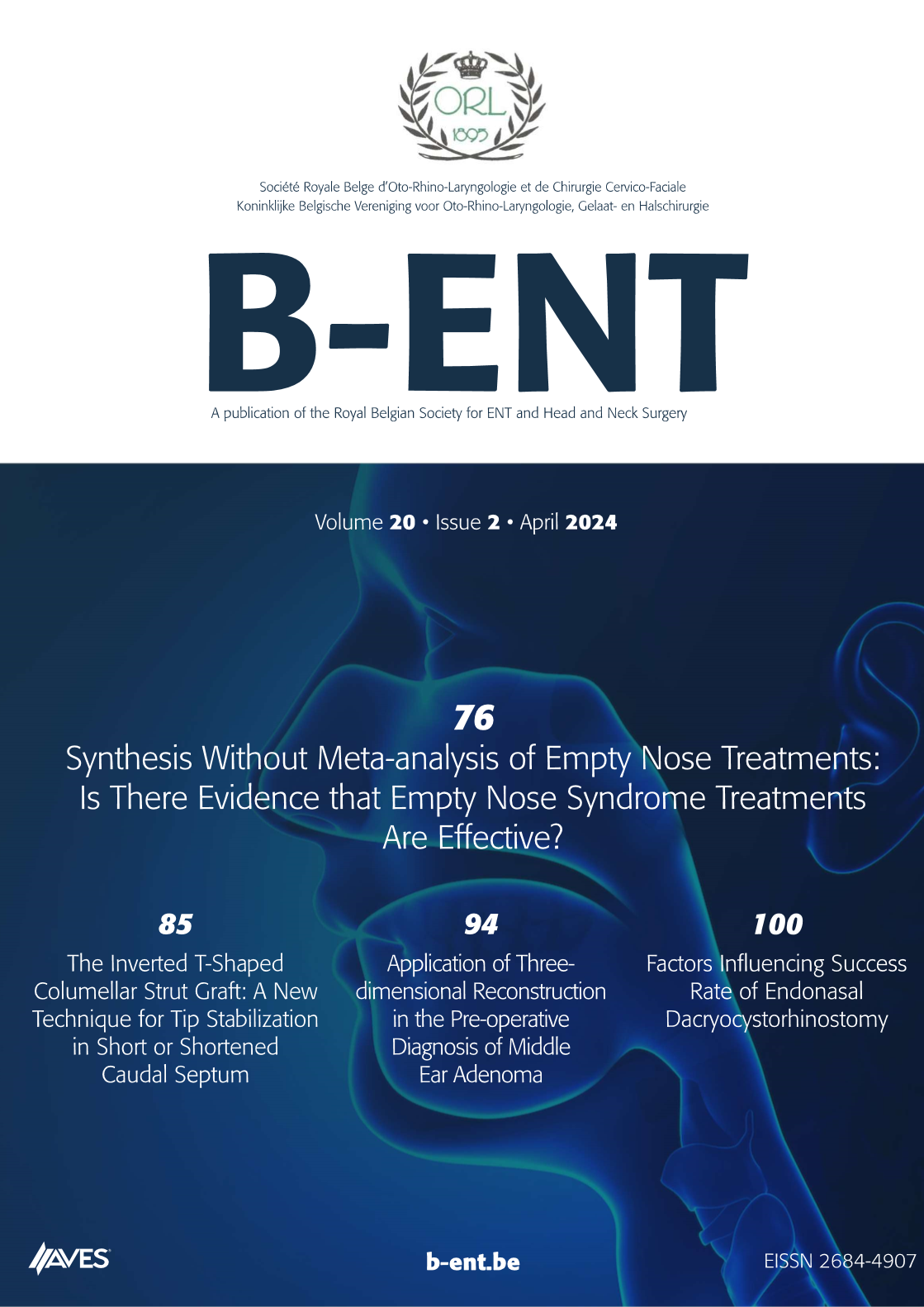Assessment of speech perception and communication skills in adolescents with cochlear implants for pre- and peri-lingual deafness. Objective: This study aimed to assess speech perception and communication skills in adolescents between ages 8 and 18 that received cochlear implants for pre- and peri-lingual deafness.
Methods: We studied 15 adolescents, aged 12 to 23 years, with late cochlear implantation. Speech perception was assessed with the Bishop sentences test and a memory number sequence test at 3-9 years after cochlear implantation. A questionnaire completed retrospectively was used to investigate communication skills pre- and post implantation.
Results: Six individuals achieved grammar comprehension scores comparable to children 8-10 years old with normal hearing; only 3 individuals achieved a percentile rank higher than 50% in the memory number sequence test. The selfreported communication skills improved after cochlear implantation in all adolescents.
Conclusions: Speech perception skills of adolescents with late implantation for pre- and peri-lingual deafness are typically inferior to those of children with normal hearing at the age of 10. However, when the evaluation of the cochlear implant outcome was broadened with the use of a questionnaire, many individuals reported that they participated more actively in conversations, spoke more actively to unknown individuals, and were more easily understood by others.



.png)
